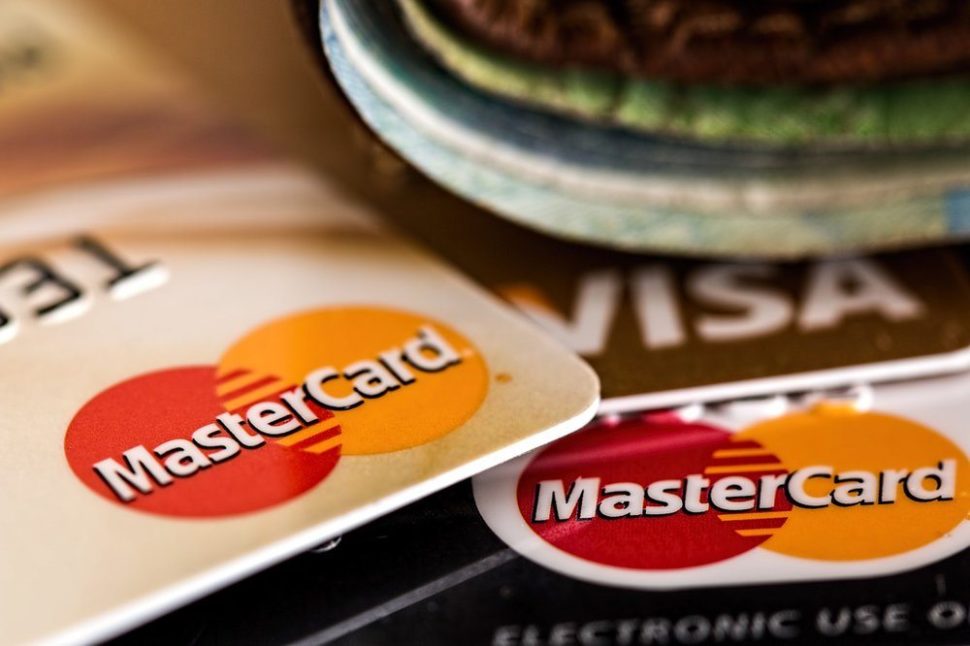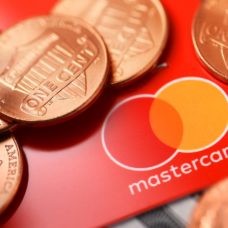The Mastercard blockchain technology has finally been opened to developers, allowing selected merchants and organizations to start testing the credit card company’s blockchain-based solutions.
In a press release published by the card company on its website last Friday, Mastercard announced that it’s opening up its blockchain API to several developers, partnering banks, and merchants. The Mastercard blockchain technology is expected to provide new ways for consumers, businesses, and banks to transact and meet their financial needs.
The announcement was then followed by the launching of the Mastercard Blockchain API at the Money 20/20 Hackathon event in Las Vegas on Sunday. The blockchain-based business-to-business (B2B) payment service is slated to become available this week to customers, merchants, and financial establishments.
#Mastercard blockchain technology now available via API to developers.Click To Tweet“The company has tested and validated its blockchain and will initially implement the technology in the business-to-business (B2B) space to address challenges of speed, transparency, and costs in cross-border payments. The Mastercard blockchain technology will complement the company’s existing capabilities including virtual cards, Mastercard Send and Vocalink to support all types of cross-border, B2B payment flows – account-based, blockchain-based and card-based,” Mastercard said in a Friday statement.
Mastercard Blockchain Technology: Making Transactions Faster and More Secure
The launching of the Mastercard blockchain technology comes as a surprise to many experts since Mastercard CEO, Ajay Banga, made some scathing remarks against cryptocurrencies earlier this month, calling them ‘junk.’
“If the government creates digital currency, we will find a way to be in the game. We will provide rails for moving currency from customer to merchant. The government mandated digital currencies are interesting. Non-government mandated currency is junk,” Banga said in an interview with the Economic Times.
Some saw this move from Mastercard as a confirmation of Ethereum co-founder Vitalik Buterin‘s belief that blockchain-based platforms could potentially replace financial institutions like Mastercard and Visa.
However, instead of being toppled over by blockchain technologies, Mastercard decided to embrace the revolution.
With a decentralized digital transaction ledger, the Mastercard blockchain technology would offer users four key differentiators: privacy, flexibility, scalability, and reach.
- Privacy: Mastercard blockchain provides privacy by ensuring that transaction details are shared only amongst the participants of a transaction while maintaining a fully auditable and valid ledger of transactions.
- Flexibility: Partners can use the blockchain APIs in conjunction with a wider suite of Mastercard APIs to create a range of powerful, new applications. Software development kits are available in six different languages to make the APIs even easier to integrate.
- Scalability: Mastercard blockchain is designed for commercial processing speed and extensibility by reaching consensus between a trusted network moderator and network participants.
- Reach: Mastercard blockchain is integrated into the company’s payment network that includes 22,000 financial institutions to move funds that have been committed on the blockchain.
Ken Moore, Executive Vice President of Mastercard Labs, said:
“By combining Mastercard blockchain technology with our settlement network and associated network rules, we have created a solution that is safe, secure, auditable and easy to scale. When it comes to payments, we want to provide choice and flexibility to our partners where they are able to seamlessly use both our existing and new payment rails based on the needs and requirements of their customers.”
The card company’s blockchain solution is said to have the ability to “power secure and seamless non-card payment transactions such as business-to-business payments and trade finance transactions. It also has the ability to power non- payment solutions such as proof of provenance that helps authenticate products across the supply chain.”
By introducing the Mastercard blockchain API, the company hopes to create new benefits for its partners and make the commerce ecosystem easier, faster and safer.



















Had a bad experience regarding investing my funds here, wasn’t easy for me as I was scam severally. I lost almost all of my money until I came across a recovery expert named Jeff. He help and assisted me and helped in terms of recovery my funds . I got my funds recovered in just 4days with just little effort. I will highly recommend Jeff , he is sincere and honest in all way round he helped me got everything i lost.
Contact him now if you need get his help
WhatsApp. +84 94 767 1524
Email; jeffsilbert39 g ma!l. com.